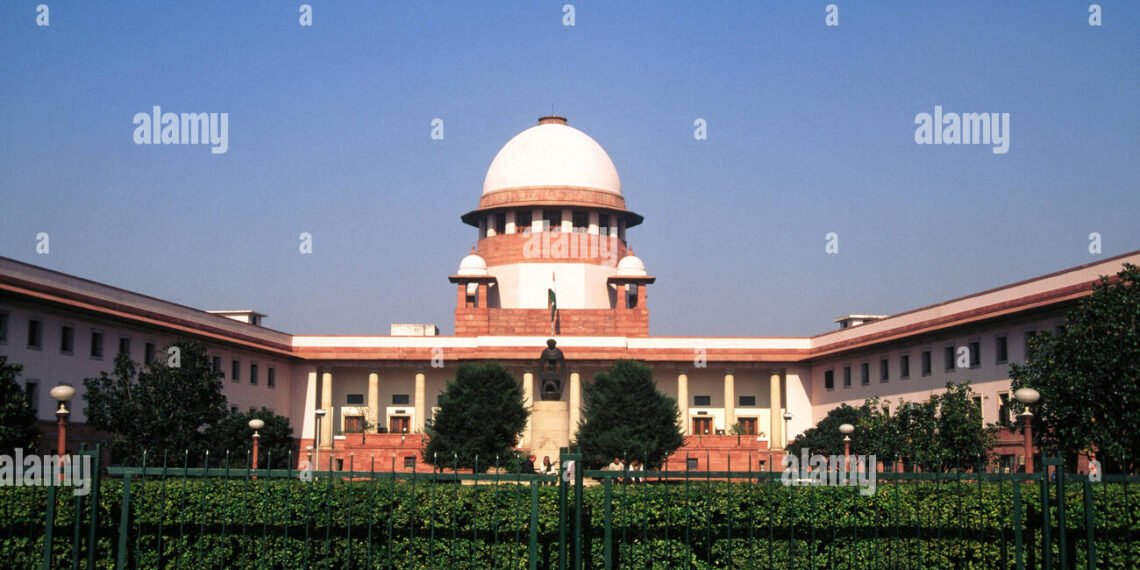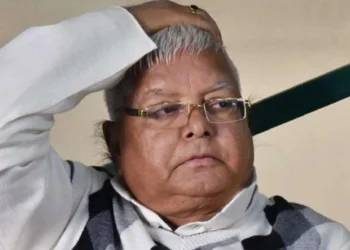The Bench, comprising Justices BR Gavai and Augustine George Masih, emphasized that only Parliament has the authority to decide on caste reclassification.
BY PC Bureau
Tthe Supreme Court on Friday refused to entertain a petition filed by the Telangana State Are-Katika (Khatik) Sangh seeking to include the Khatik community in the Scheduled Castes list nationwide. The Bench, comprising Justice BR Gavai and Justice Augustine George Masih, cited the recent chaos in Manipur as a stark reminder of the perils of judicial overreach in politically sensitive matters.
“This is so well settled. Even high court cannot look into this. Only parliament alone can do this. You know what happened in Manipur!” the Justices stated, directly alluding to a March 2023 judgment by the Manipur High Court. That decision, which had ordered the inclusion of the Meitei community in the Scheduled Tribes list, led to widespread unrest and bloodshed before it was eventually rescinded.
ALSO READ: Meitei-Kuki Clash Over DU Lit Fest Invite to Militant Group Leader
The petition argued that the Khatik community—predominantly Hindu and traditionally engaged in the butchery trade—is subject to inconsistent classification across India, being recognized as Scheduled Castes in some states and as Other Backward Classes in others. The plea further highlighted that members of the community face social stigma, noting that a woman loses her SC status upon marrying outside her state or relocating.
ALSO READ:
#SupremeCourt refuses to entertain PIL seeking inclusion of Are-Katika (Khatik) community in Scheduled Castes category
Bench: Justices BR Gavai and AG Masih
J Gavai: “It’s well-settled. Only Parliament can do that. We can’t even insert comma. You know what happened in Manipur.” pic.twitter.com/VDYTNpAIUx
— Live Law (@LiveLawIndia) February 21, 2025
tp://Manipur: Thadou tribe disown Kukis, start peace talk with the centre”> Manipur: Thadou tribe disown Kukis, start peace talk with the centre
However, the Supreme Court maintained that any reclassification or extension of caste status must be a legislative decision, not one for the judiciary to determine. Following the Court’s remarks, the petition was withdrawn.
The decision reinforces the principle that constitutional and social reordering of caste classifications is a matter for Parliament, underscoring the need to avoid judicial actions that might inadvertently trigger further social and political instability—as witnessed in Manipur.













